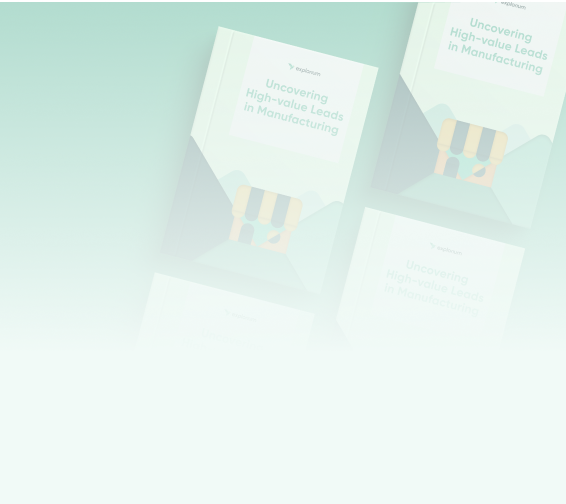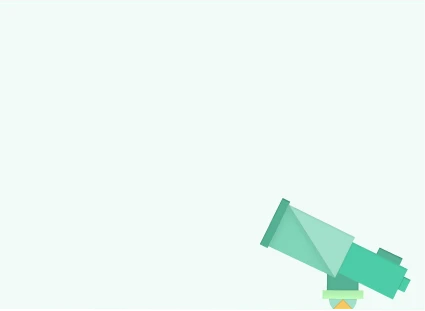Table of Contents
Junior data analysts know that exploratory data analysis is an important first step towards answering the question “What do we have here?” With a bit of experience, they understand that the real significance is its ability to shine a light towards a deeper question: “What else do we need to look for?”

Mor Nitzan
Team Lead, Product Analytics
Jfrog Security
Cataloging what you have in order to understand what you need is part of the learning curve in any investigatory field. Rookie cops take inventory of evidence. Detectives identify the clues they need to track down. Cub reporters tell the tale of what happened. Investigative journalists go in search of what’s missing, or what’s been hidden.
And storytellers put a twist on the process, laying out the facts and events in such a way that the gaps emerge so that they can dramatically fill them in later.
These overlaps between data analysts, sleuth and storyteller explain how Mor Nitzan’s career path unfolded so logically that you would almost think she wrote the script.
Following the logic in a data career
As a teenager and even later, she recalls, “I was a journalist, and I’d have to go to the basement of the newspaper, to a physical archive, to find earlier stories or information about people from the past.” She was invited to take on a full time editor role at a newspaper, but the turmoil in the industry dissuaded her from going that route.
Plus, she realized, “I can tell a story in any role. I do it now, and I did it in every one of my previous roles. I think when you have the opportunity to tell a story, it’s really an opportunity to impact people.”
Mor’s journalism experience came against the backdrop of studying accounting in college.
“Accounting is all about how the numbers are arranged, where the numbers are coming from and what they mean. But it’s not a math question, it’s a business problem, and the secret is to apply a logical process that starts with what you know and uses the numbers and data to solve the problem. Without an organized, logical, abstract approach to apply to the specifics of any problem, you’ll only reach a partial answer.”
Looking back, we can retrace the steps someone like Mor took in the course of solving a problem. We can identify the key decisions she had to make, analyze why those decisions were ultimately the right ones, lay out the whole thing in a linear flowchart and present it as a logic diagram for people to study. But those are just the facts and the process. They can only ever be partially applicable to solving future problems.
If all ChatGPT did was just output a list of facts, it would be Google Search. It’s the ability to communicate the way we do that excites some and alarms others.
“I went from working with HR data to fintech and adtech, and now security. They’re all different businesses. I’m coming with data expertise. I need to learn very quickly how each of them works, and be very logical in understanding what makes sense and what doesn’t make sense for their business. I need to be able to deliver insights about the business because that’s what’s expected of me as the data expert.”
Delivering those insights requires more than a slide packed with bullet points. It requires a good story, supported by data and told through a narrative.
“You need to tell a story very well,” Mor says, “and you need to know the data so well that you can answer any questions about the numbers, about the process and about the picture you have developed from working with the data.”
Mor found this integrated, data-centric environment at Taboola, where she was a media analyst and growth analytics team lead for 3.5 years. “Taboola is a very data-driven company. You don’t move anywhere without data. So we collected data from everywhere and tried to use it everywhere.”
One source of data was Explorium’s external data platform. Mor and her team connected the new data with their existing data in Salesforce, which expanded customer profiles and generated new insights.
The infusion of external data into Salesforce facilitated two important outcomes, beyond the improved customer profile. First, it facilitated a system-wide update of their data. Companies have to regularly update their data. It’s simply not enough to buy or license data once and upload it to a CRM. It needs to be updated continuously, at the speed of business in order to be a benefit and not a liability for the company. Outdated data is the same as no data when it comes to scoring leads or assessing client needs.
Second, clean and comprehensive external data makes it possible for a company to have very detailed insights into each client or lead, small or large, at the same level of granularity. With external data, they can democratize their insights so that they know as much about their prospects as they do their largest accounts, and can offer similar levels of insights.
Appreciate what’s available, but focuses on what else we can be creating
Having seen what large amounts of validated external data can do for media research and analysis, Mor thinks about other industries that would benefit from a similar level of data.
“Think about medical data. If there was the technology and the ability to collect all the medical data about cancer, for example, and take that textual data and put it into one language in a common structure, then doctors would be able to treat their individual patients by referencing back to all patients with a similar diagnosis, who were prescribed the same medications and so on. The medical industry is not ready for this new generation of data, so there’s a lot to do there. Any company developing such a program or at least pushing the industry towards thinking in big data terms will be a good start.”
Like everyone in the world of data, Mor muses about the potential of natural language processing to help with the data conversion. But understanding both data and language as well as she does, Mor is very aware of how complicated this will be.
As always, she appreciates what’s available, but focuses in on what else we need, and what else we can be creating. That’s a story that we’ll never finish writing.













